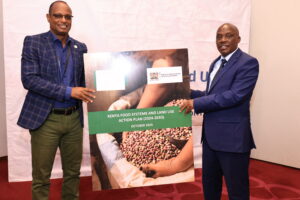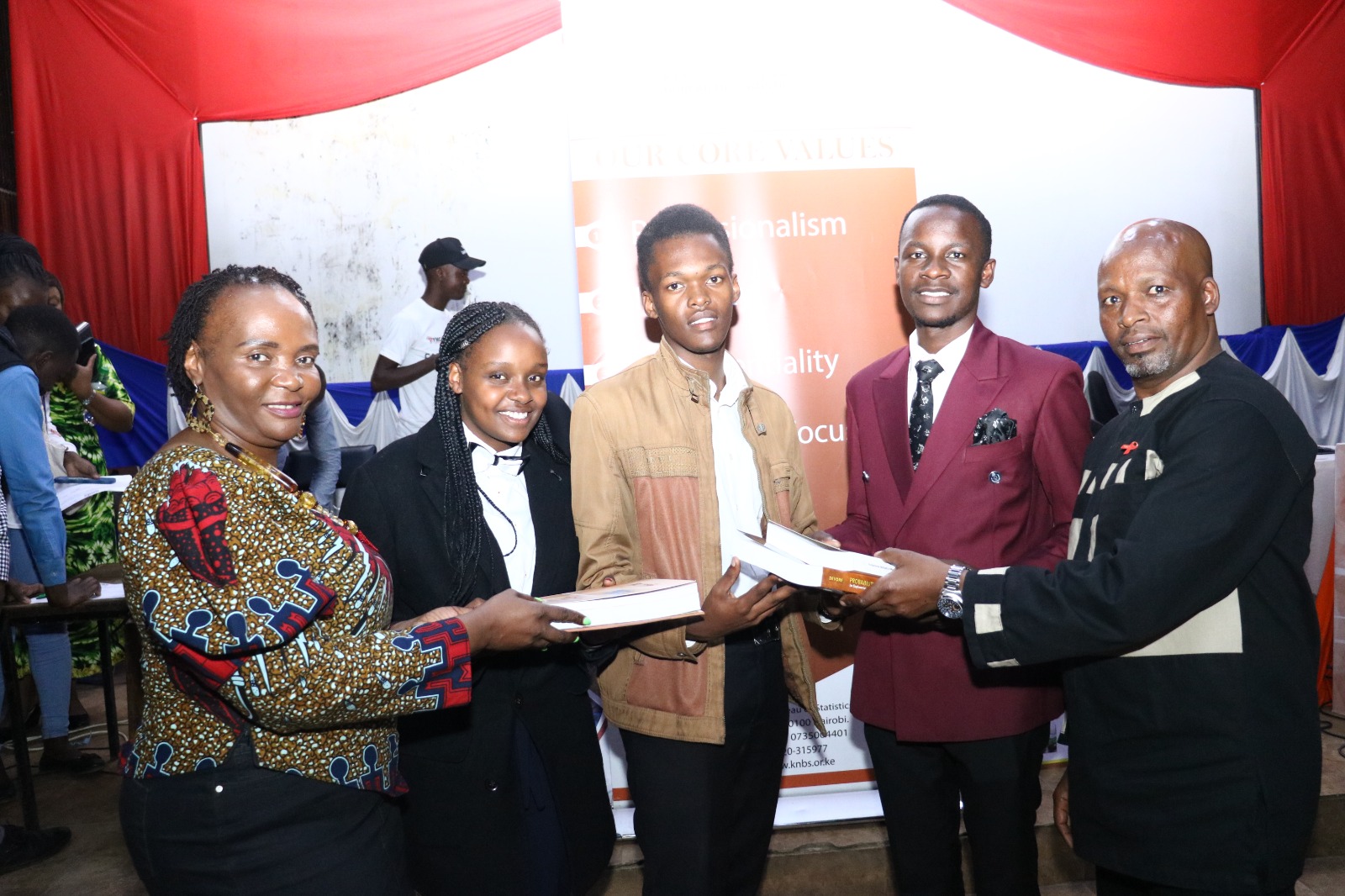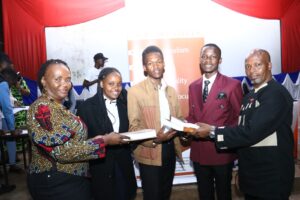By James Nyaigoti,
In a historic move to unify the Democratic Republic of Congo and address the recurring conflicts that have plagued the country for over 30 years, eight politico-military movements, 15 political groups, over 267 prominent political personalities, 34 citizen movement organizations, and 41 civil society groups have announced the formation of Alliance Fleuve Congo (Alliance River Congo).
Alliance Fleuve Congo will focus on resolving the root causes of the recurring conflicts to ensure lasting peace in the Democratic Republic of Congo and responsibility towards its citizens.
The team identified unethical practices such as corruption and embezzlement of public funds.
Tribalism, dispossession of public and private property, discrimination, lies, witchhunts, the exploitation of public services and institutions, tribalization and manipulation of justice, arbitrary arrests, assassinations, economic crimes, linguistic discrimination and exclusion, division, and impoverishment of the population—all of which have blossomed in the Mr. Félix Antoine Tshisekedi Tshilombo regime.
Speaking during the announcement of Alliance Fleuve Congo in Nairobi, Kenya, Corneille Nangaa, one of the leaders, said that the government of the DRC deliberately violates the Constitution, the laws of the Republic, and all international treaties acceded by the country.
“We have decided to work together to establish a structured force for the rebuilding of the state and to resolve the root causes of recurring conflicts to ensure lasting peace in the Democratic Republic of Congo,” Corneille Nangaa said.
Alliance Fleuve Congo’s founding statement outlined a stark assessment of the current situation as the country heads to the general elections, set for December 20.
The statement emphasized that the outcome of the elections seems predetermined, with the current regime establishing machinery to carry out an electoral coup d’etat by hijacking the electoral process at all levels.
Some of the shortcomings of the government that were identified include widespread security and instability, especially in the Eastern DRC, erosion of state institutions, and disenfranchisement.
“Given that the Kinshasa regime has deliberately chosen to outsource national security by using war as a business, undermining the Armed Forces of the Democratic Republic of Congo (FARDC) for the benefit of foreign mercenaries and other negative forces that prey upon the Eastern part of the country, sowing death and desolation, we are calling on all patriots to join us to save our country and to establish cohesive governance in unity and peace, the rebuilding of a state that rises to its sovereign
responsibilities based on the law and which assures the safety of all.” Mr. Nangaa said.
In response to these challenges, Alliance Fleuve Congo proposes collaboration between political parties, civil society groups, resistance forces, the Armed Forces of the DRC, and community leaders to form a powerful and cohesive bloc.
The following entities have accepted the call so far: political-military movements;
a) Ituri
1. FRPI
2. Chini ya Kilima;
3. Zaire
b) South Kivu
1. The FPDC
2. The Twiraneho
3. Movement Article 64.
c) North Kivu
1. Kyahanda and different groups MaiMai
2. M23
Policy groups
a) Political groups: 15 political parties have come forward. (We are careful not to
mention them for security reasons.)
b) Political actors: 267 personalities.
Civil society groups
a) Citizen organizations: 23 Citizen movement,
b) Civil Society Groups: 41.
















